6 GPTs for Clinical Communication Powered by AI for Free of 2026
AI GPTs for Clinical Communication are advanced tools designed to enhance interactions within healthcare settings. These generative pre-trained transformers are tailored to understand and generate language specific to the clinical and medical fields. They facilitate seamless, accurate, and efficient communication between healthcare professionals, as well as between professionals and patients. By leveraging the power of AI, these tools can interpret complex medical jargon, patient data, and clinical procedures, making them invaluable for ensuring clear and effective communication in healthcare environments.
Top 6 GPTs for Clinical Communication are: Rewriter Pro,German Medico Linguist,MediAcro,SBAR Writer,MediLingo Tutor,CliniSpanish GPT
Rewriter Pro
Empowering Clear Clinical Communication

German Medico Linguist
Mastering Medical German with AI
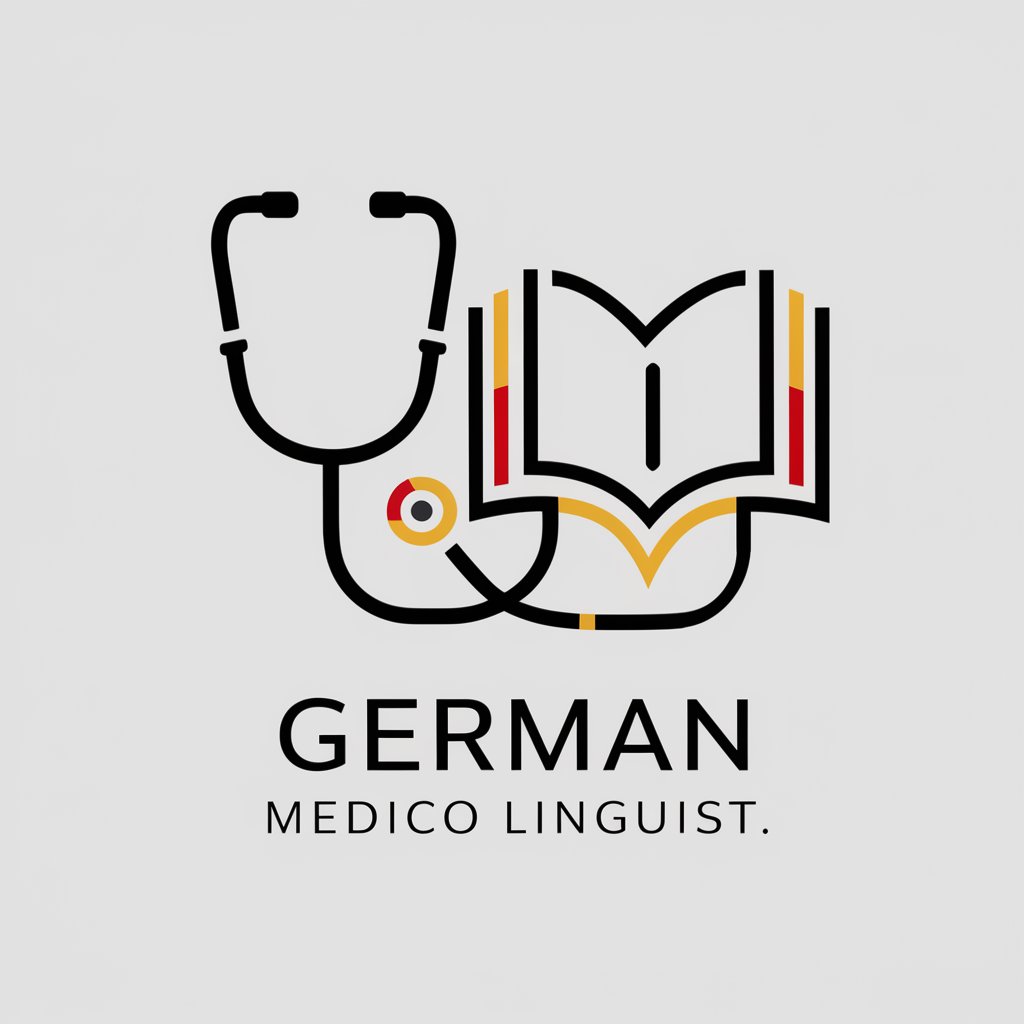
MediAcro
Deciphering Medical Jargon, AI-Enhanced
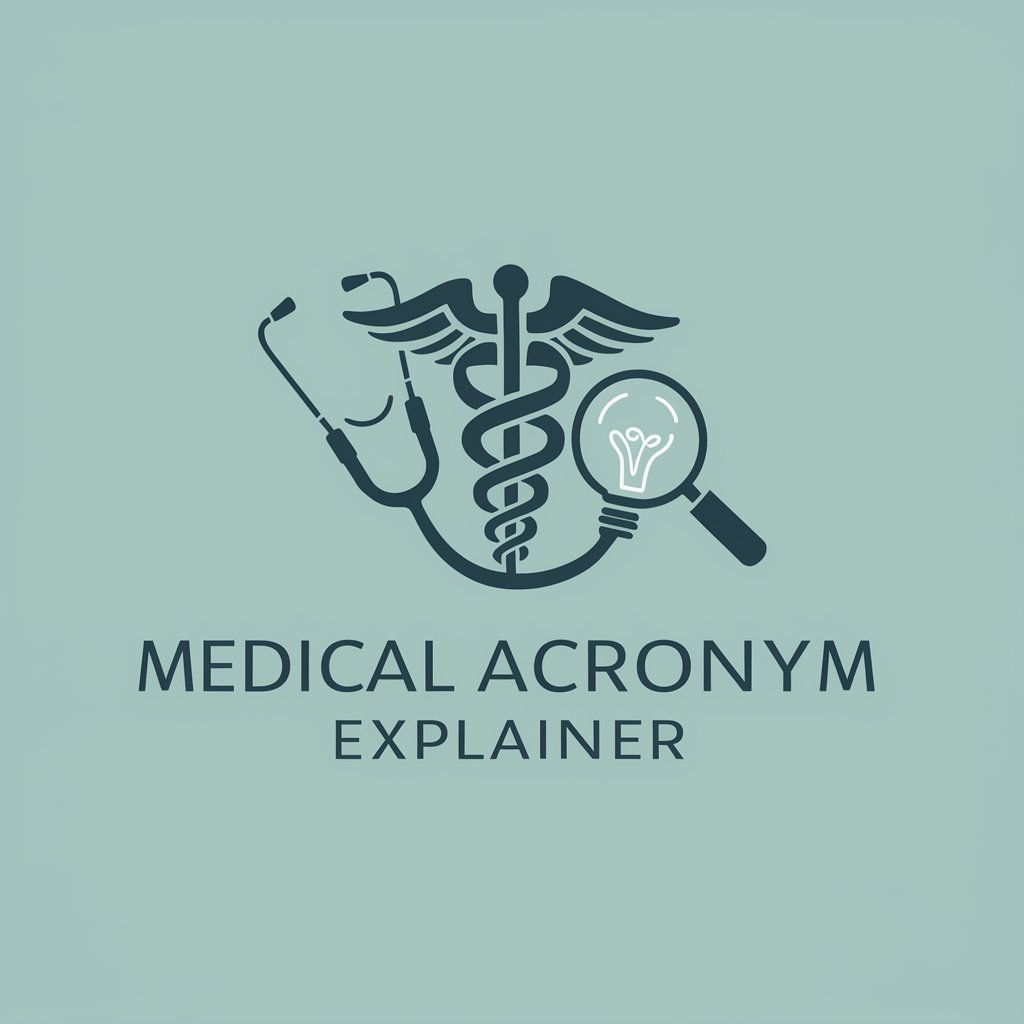
SBAR Writer
Streamlining Healthcare Communication with AI
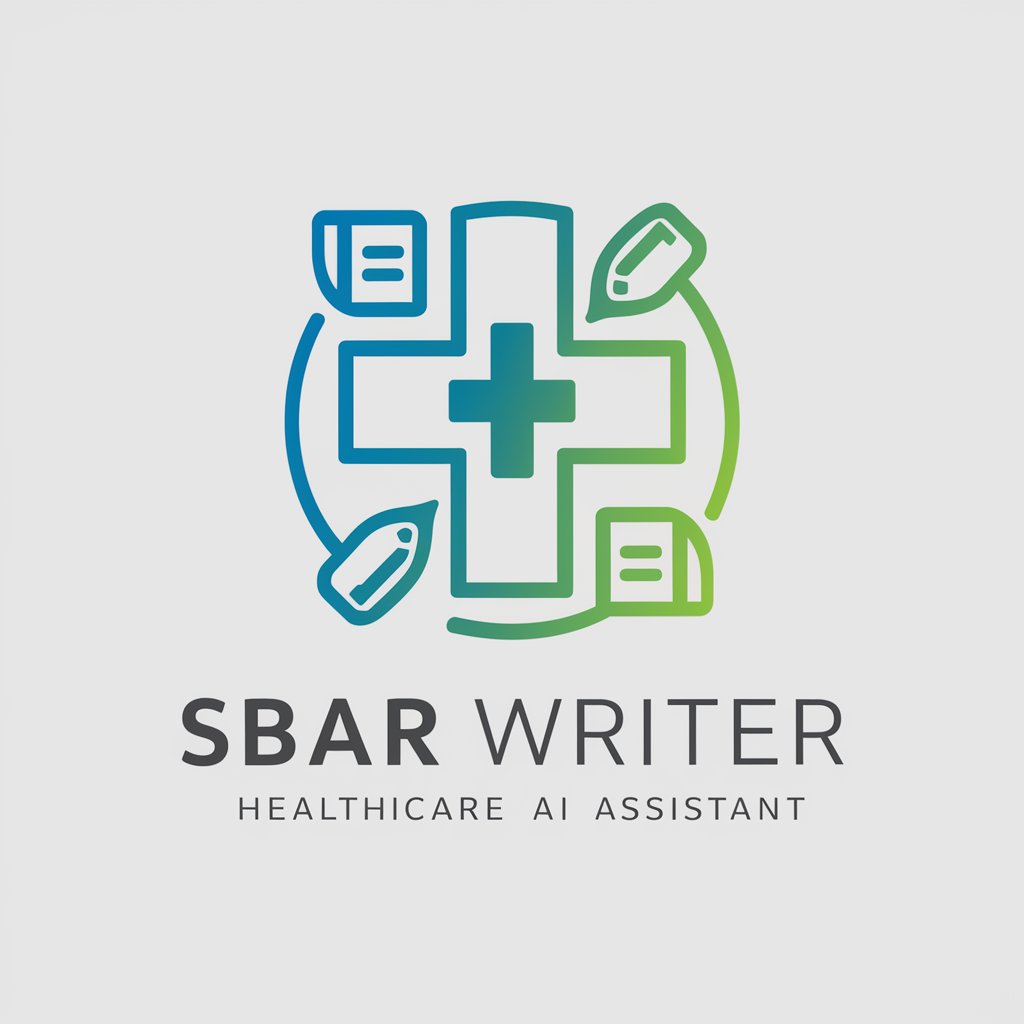
MediLingo Tutor
AI-powered Medical English Mastery
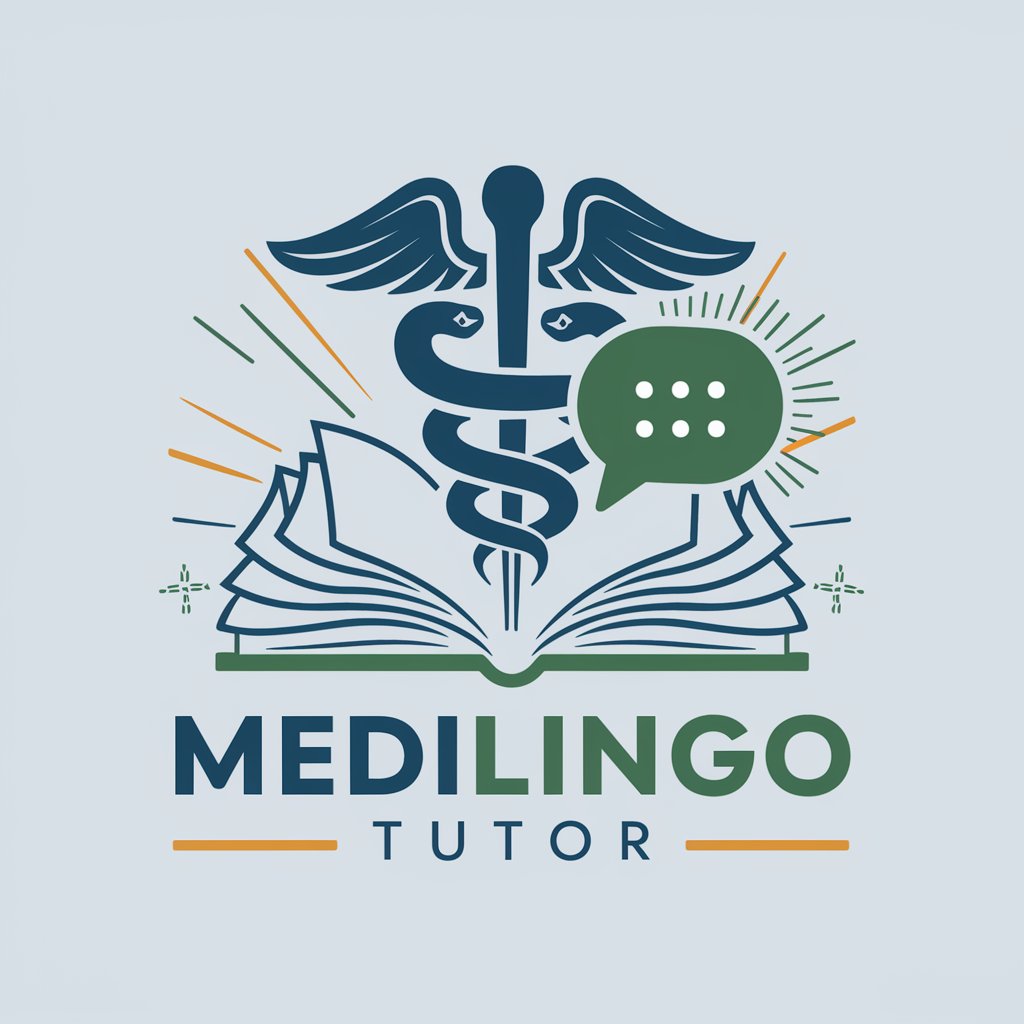
CliniSpanish GPT
Empowering healthcare communication with AI.
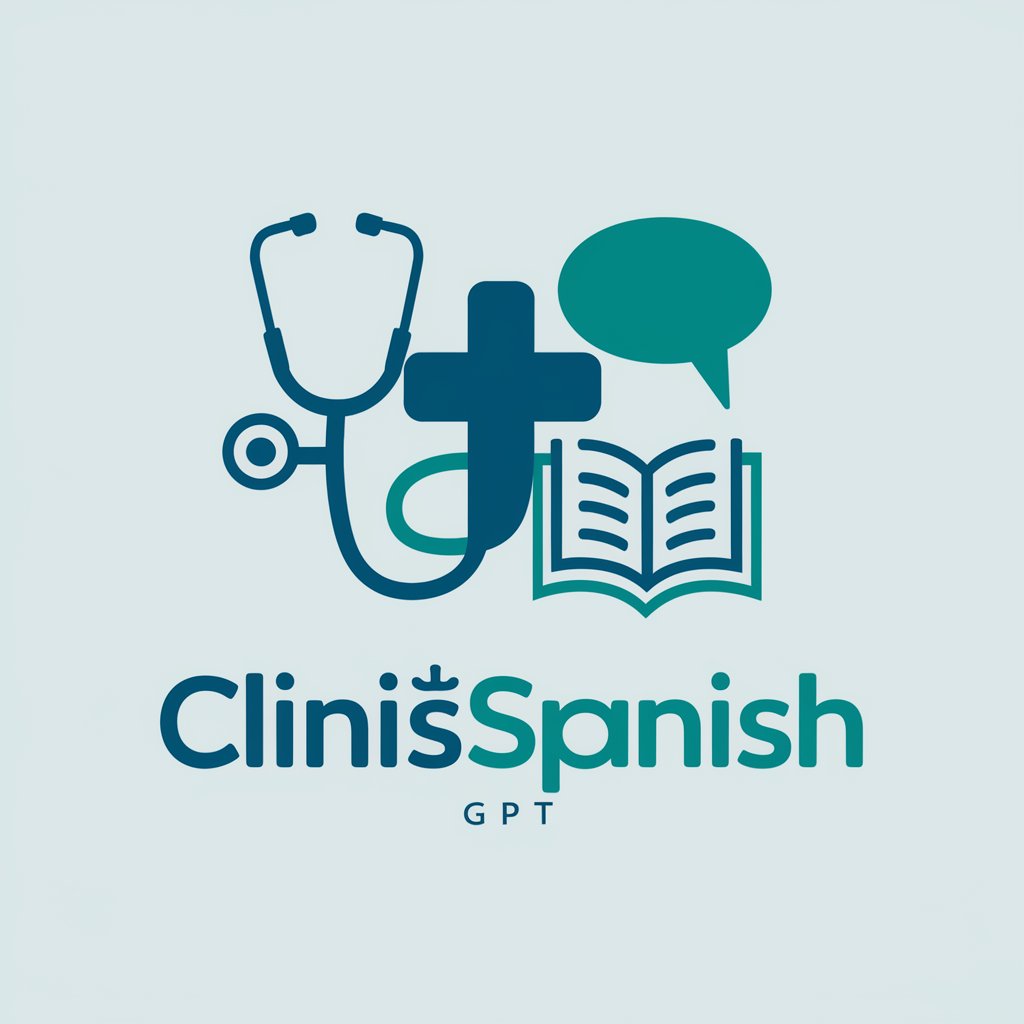
Key Attributes of Clinical Communication GPTs
AI GPTs for Clinical Communication are distinguished by their ability to learn and adapt to the nuanced language of the medical field. These tools support a range of functions, from generating patient reports to assisting in real-time consultations. Key features include their adaptability to various clinical scenarios, understanding of medical terminologies, capability to process and analyze patient data, and support for multi-language communication. They can also interface with electronic health records (EHRs) and provide decision support by analyzing medical literature and guidelines.
Who Benefits from Clinical Communication AI Tools
These AI GPTs tools are designed for a broad audience within the healthcare sector, including medical practitioners, nurses, administrative staff, and healthcare IT professionals. They cater to both novices and experienced users by offering user-friendly interfaces for those without programming skills, while also providing APIs and customization options for developers and IT specialists looking to integrate AI into existing systems or develop new applications.
Try Our other AI GPTs tools for Free
Documentation Skills
Discover how AI GPTs revolutionize documentation processes, offering tailored, efficient, and accurate solutions for users across all skill levels.
Non-Verbal Training
Explore AI GPTs for Non-Verbal Training: cutting-edge tools designed to master the art of non-verbal communication, from body language to facial expressions.
Talent Sourcing
Revolutionize your recruitment process with AI GPTs for Talent Sourcing. Leverage advanced AI to streamline talent acquisition, from automated candidate sourcing to intelligent matching and engagement.
Resume Analysis
Discover the power of AI GPTs for Resume Analysis to streamline your recruitment process with advanced AI technology, offering tailored insights and enhancements for resumes.
Diversity Hiring
Revolutionize your recruitment with AI GPT tools for Diversity Hiring. Enhance equity and inclusion effortlessly, harnessing advanced AI to identify diverse talents and foster a balanced workforce.
Biblical Studies
Discover AI GPTs for Biblical Studies: Tailored AI tools transforming how we explore, interpret, and engage with biblical texts and contexts.
Expanding Horizons with Clinical Communication AI
AI GPTs offer a customizable solution that can significantly enhance the efficiency and accuracy of clinical communications. Their integration into healthcare systems and workflows not only improves patient care but also supports healthcare professionals by providing instant access to medical knowledge and patient data. With user-friendly interfaces, these tools are poised to become an integral part of modern healthcare ecosystems.
Frequently Asked Questions
What exactly are AI GPTs for Clinical Communication?
They are AI-driven tools designed to facilitate and enhance communication within the healthcare sector, using natural language processing to understand and generate clinical and medical language.
How can these tools improve healthcare communication?
By providing accurate, efficient, and clear communication, these tools can improve patient care, streamline workflows, and reduce misunderstandings in medical contexts.
Can non-technical staff use these AI tools effectively?
Yes, these tools are designed with user-friendly interfaces that do not require programming skills, making them accessible to all healthcare professionals.
Are these tools capable of understanding complex medical jargon?
Absolutely. They are trained on vast amounts of medical literature and data, enabling them to comprehend and use complex medical terminology accurately.
How do AI GPTs interface with electronic health records (EHRs)?
These tools can be integrated with EHR systems to access and analyze patient data, aiding in diagnosis, treatment planning, and patient communication.
Can these tools be customized for specific clinical specialties?
Yes, they offer customization options that allow them to be tailored to specific medical fields or specialties, enhancing their utility and accuracy in those areas.
Do AI GPTs for Clinical Communication support multi-language communication?
Many of these tools are designed to support multiple languages, making them useful in diverse linguistic and cultural settings.
What are the privacy and security considerations?
These tools are developed with a strong emphasis on data security and privacy, adhering to healthcare regulations such as HIPAA in the United States, to ensure patient data is protected.